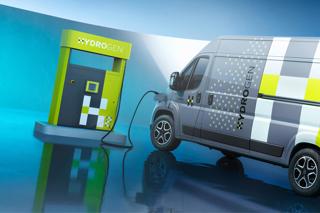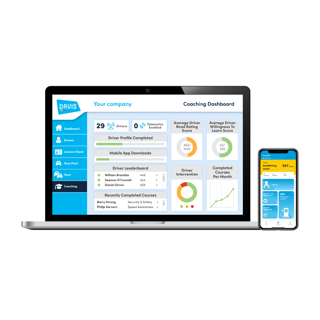By Paul Hollick, chair of the Association of Fleet Professionals (AFP)
One of the perhaps underreported aspects of the recent Budget was that the Government confirmed £2 billion of funding for green hydrogen.
While this was a continuation of support for eleven projects totalling 125 megawatts announced under the previous administration, it was still a new and welcome signal from the Labour government that they are advocating the fuel.
At the AFP, we’ve long been committed to the idea that decarbonising UK fleets will involve a mix of fuel types, but hydrogen is proving to be the Cinderella of these.
Its promise is huge – clean power generation, no tailpipe emissions and fast refuelling remain a highly attractive proposition – but progress is slow.
The same situation persists that has been in place for several years. Availability of both vehicles and refuelling infrastructure is somewhere between poor and non-existent, while the hydrogen that is available is often not green, making the zero-emission argument murky at best. It’s deeply frustrating.
Central to this annoyance is a feeling held by many of our members that hydrogen has a place in some of the roles where electric vehicles (EVs) are struggling.
The key area here is larger vans, where hydrogen appears to potentially provide fairly convincing answers to current range, payload, and refuelling issues.
Because of this, there is some measured excitement around the arrival of the hydrogen Vauxhall Vivaro, which is currently undergoing customer trials, and the promise of a larger Movano model to follow.
However, fleets that operate these vehicles will almost certainly have to bunker their own fuel in order to make operations viable, an option that is open to only larger companies.
The fact is that more support on top of the promised £2bn in green hydrogen generation is going to be needed to make hydrogen a viable road fuel for all.
Markets comparable to the UK are already pushing ahead. For example, Germany has almost 100 hydrogen filling stations and plans for many more. The UK has around a dozen and, while plans for more are progressing, the scale is much smaller.
One of the underlying messages from the Budget seemed to be that the Government is very much focussed on EVs to the exclusion of almost any other zero emissions technology.
However, the experience of the AFP on the ground is that electrification isn’t going to be the answer for every use case and more diversification is needed.
We’d like to see the Government step in with a structured hydrogen transport plan that provides a roadmap for how adoption can progress over the next few years.
There is limited potential for manufacturers providing viable vehicles such as the Vivaro if the infrastructure remains almost invisible. As with EVs, visible fuelling options are key to promoting acceptance.
Of course, EVs are going to remain overwhelmingly the most popular zero emissions choice for most fleets but hydrogen should have a role to play, we believe, and if its promise is ever going to become a reality, a much more concerted approach is needed.






















TimI - 04/12/2024 11:48
It is a gamble. Do we go down the PHEV route which reduces but doesn't eliminate emissions while we wait for battery technology, or do we go for Hydrogen which will be much more expensive and may be obsolete before the infrastructure is in place.